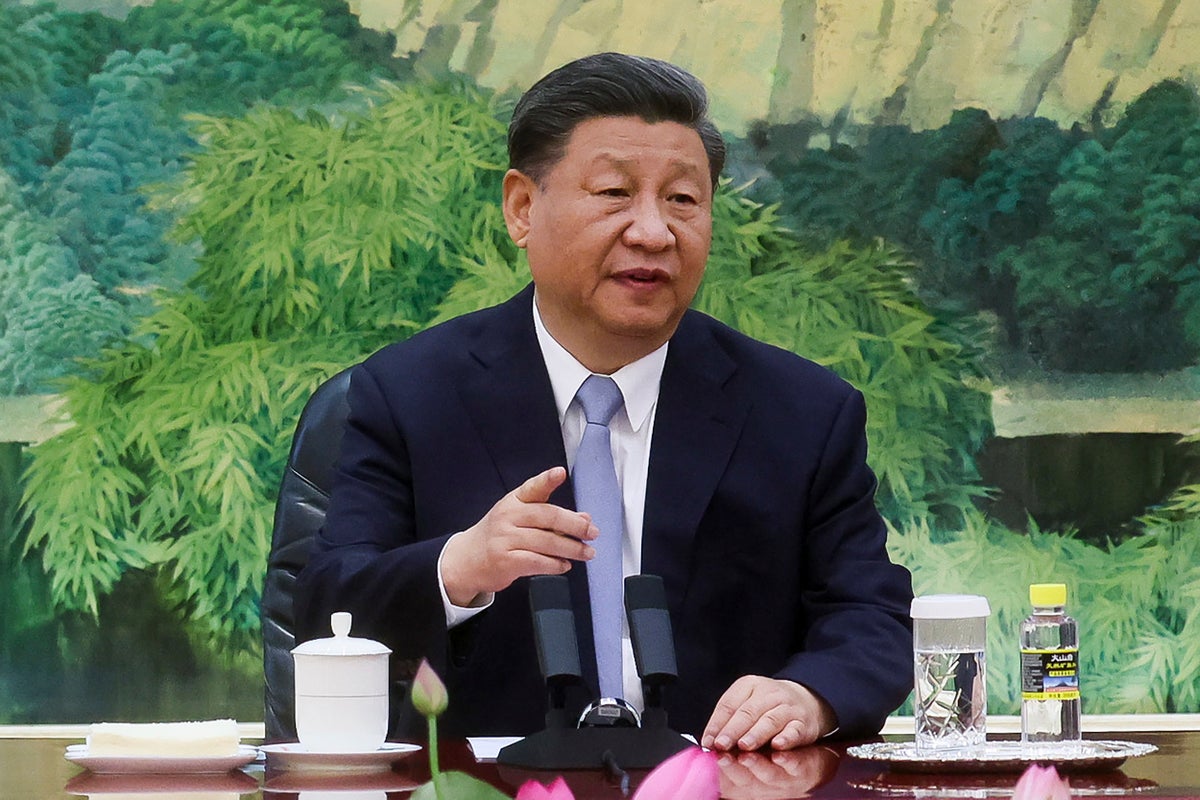
Chinese President Xi Jinping will attend next week's summit of the BRICS nations in Johannesburg, to be followed by a state visit to South Africa, the Foreign Ministry said Friday.
Foreign Ministry spokesperson Hua Chunying also said in a statement that during his Aug. 21-24 visit to South Africa, Xi will co-chair the China-Africa Leaders’ Dialogue with his South African counterpart, Cyril Ramaphosa.
China is a core member of the BRICS nations, which also include Brazil, Russia and India.
The grouping was predicated on linking the interests of the world’s leading emerging economies but has sought to expand into other civil and governmental fields.
Russian President Vladimir Putin has decided not to attend the summit because of an arrest warrant issued by the International Criminal Court for him, according to South African authorities.
The development could be viewed as embarrassing for Putin, who is expected to be the only leader of a country in the bloc not to attend. Kremlin spokesperson Dmitry Peskov said Putin “has decided to take part” in the summit via video link, without confirming if he had intended to attend in person.
The BRICS summit is the first to be held in person since 2019 and comes as the bloc seeks new relevance amidst Russia's war in Ukraine, South Africa's crashing economy and sharpening competition between Asian giants China and India.
Brazilian President Luiz Inácio Lula da Silva has said that he supports more countries joining the group and intends to raise the topic at the summit.
Around 20 countries have formally applied to join, Brazilian Foreign Affairs Minister Mauro Vieira said following the comments by Lula, who since taking office has repeatedly bucked the existing Western-dominated international structure. Among the hopefuls are Argentina, United Arab Emirates, Saudi Arabia, Indonesia, Iran and Venezuela, Vieira said.
Facing isolation by the U.S. and European Union, China and Russia have sought to expand their economic influence in developing countries. Beijing has done so partly through the Chinese-backed New Development Bank, commonly known as the BRICS bank, which is funding infrastructure projects in Brazil and elsewhere in the developing world.







